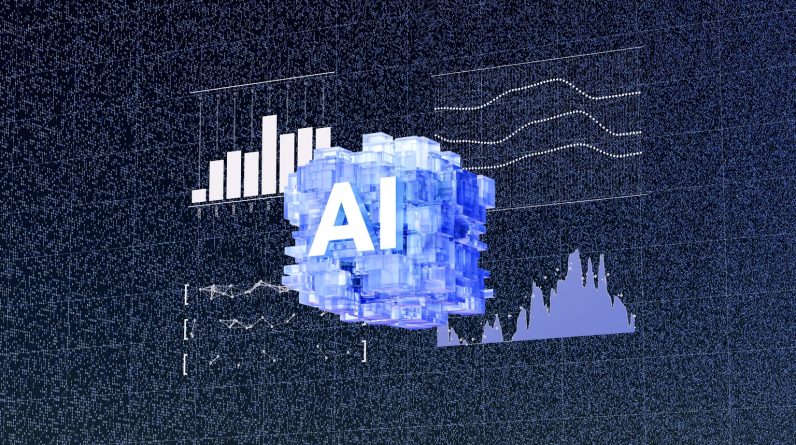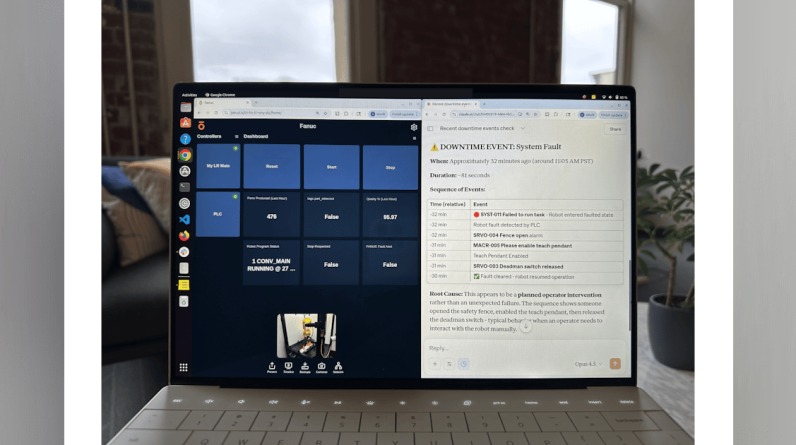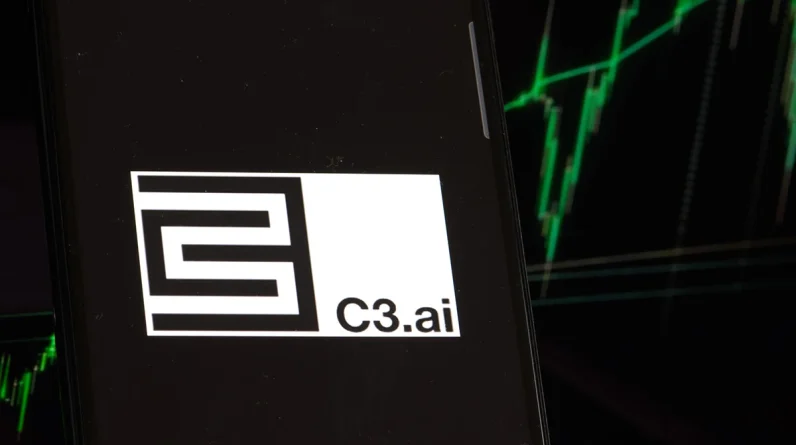
Summary
Demystifying Industrial AI Agents
With all the hype around generative AI for industry, it seems as if there is a new buzzword almost every day. The latest? “Industrial Agents.” Few standard definitions of this term exist yet for industry, but this one is close: “An industrial agent is an agile and robust software entity that intelligently represents and manages the functionalities and capabilities of an industrial unit.” Put more simply, industrial agents perform specific tasks in a human-like manner when trained with the right data and when using the right artificial intelligence (AI) model and capabilities.
The operational copilots that everyone is talking about or the chatbot you use when trying to rebook your flight are examples of various types of AI agents. They aim to automate or simplify a specific or constrained workflow to improve the user’s productivity. But today’s agents that use limited preprogrammed logic are no match for the Gen AI-based agents of the future.
If we take inspiration from the movies, we’re getting closer to Iron Man’s “Jarvis” assistant—a supercharged intelligent virtual agent that communicates via voice commands and helps Iron Man do his best work. While we’re a far cry from this type of cross-functional intelligence (due to the no-risk, high-reliability nature of industrial operations), the technical building blocks and terminology exist today to develop specific and trustworthy industrial agents for particular operator domains (Figure 1).

Figure 1: Industrial agents offer automation and intuitive access to information.
Why does this matter now?
For decades, industrial operators have been trying to use data and AI to optimize production, minimize outage risk, streamline production and make smarter daily decisions. But unfortunately, the impact on factory-floor operations has been underwhelming so far.
The way users interact with digitally enhanced industrial processes has not been intuitive, which makes it challenging to actually improve key workflows and realize productivity gains. Technology that doesn’t offer dramatic workflow improvements does not get adopted.
In flight, if Iron Man couldn’t speak conversationally with Jarvis and he had to manually look up information with precise terms, his workflow (and mission outcomes) would suffer. In the field, operator workflows are precise and well-established. Information must be trustworthy and instantly accessible, using handheld devices and simple commands instead of relying on lines of SQL code.
Generative AI offers a radically better interface to complex data (when structured and accessed under the right conditions.) Even though an operator may not be able to ask their agents the same breadth of questions as Iron Man could to Jarvis, their interface to answers becomes more human and intuitive than ever before, which makes it adoptable into a workflow.
How did Iron Man [presumably] go about building Jarvis? While we don’t know for sure, we can hazard an educated guess that:
- He started with simple access to complex data. Whether you are trying to improve operational dashboards or introduce industrial agents, both start with an industrial data foundation that uses AI to contextualize information at scale.
- He perhaps used a knowledge graph to contextualize all his data. In the industrial space, large language models (LLMs) depend on data in context that return higher accuracy outputs because agents can be trained on narrow data sets based on their explicit objective.
- He mastered model and agent orchestration. Industrial transformation has a lot of moving pieces and proper orchestration of purpose-built or partner models that can make or break a program.
All three pieces are critical to get right to deliver industrial agents that you can trust.
This feature originally appeared in the November 2024 issue of AUTOMATION 2024.
About The Author
 Dr. Francois Laborie is the EVP general manager of Strategic Projects at Cognite. He helps industrial customers improve their productivity with industrial AI agents by leading the strategy and commercialization of Cognite’s Atlas AI offering. Discover everything you need to know about AI agents in Cognite’s definitive guide.
Dr. Francois Laborie is the EVP general manager of Strategic Projects at Cognite. He helps industrial customers improve their productivity with industrial AI agents by leading the strategy and commercialization of Cognite’s Atlas AI offering. Discover everything you need to know about AI agents in Cognite’s definitive guide.
Download AUTOMATION 2024: IIoT, Digital Transformation & Smart Manufacturing
Did you enjoy this great article?
Check out our free e-newsletters to read more great articles..
Subscribe







